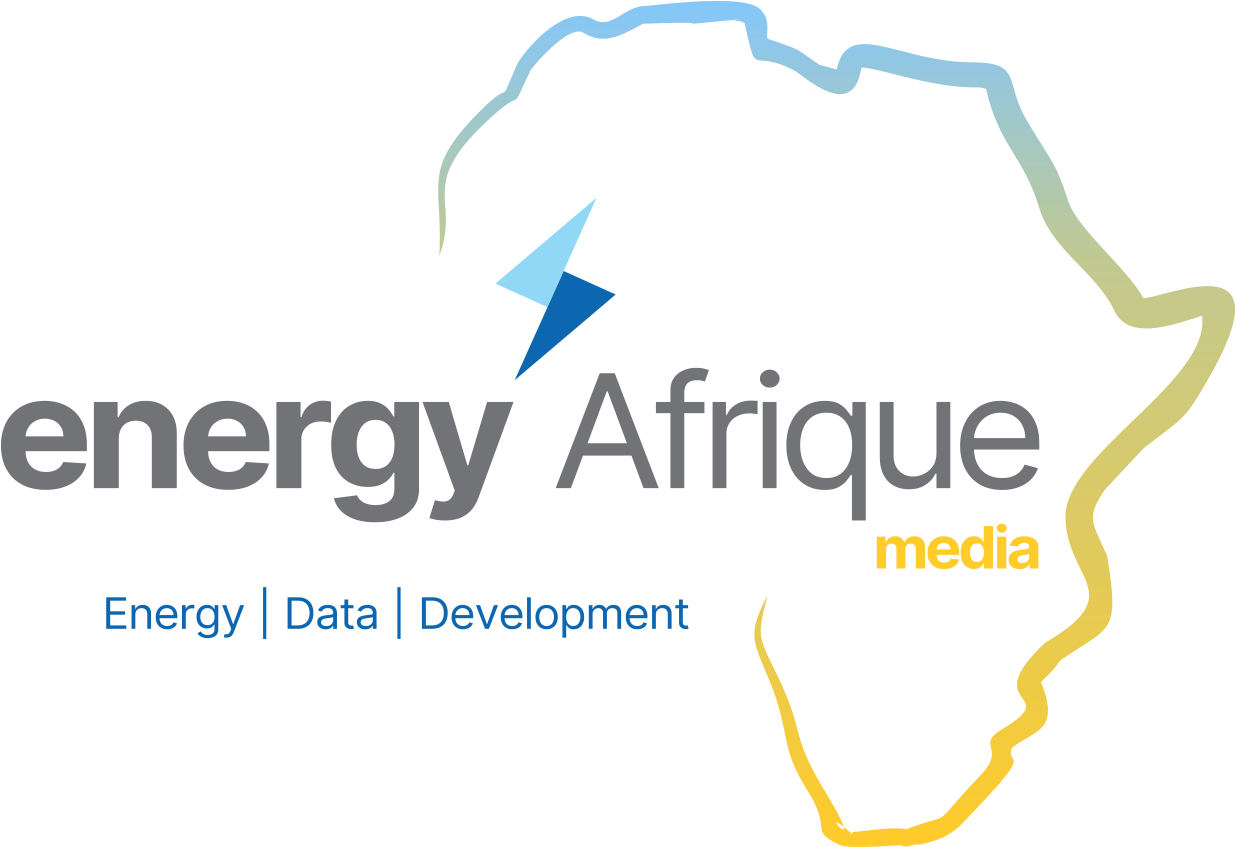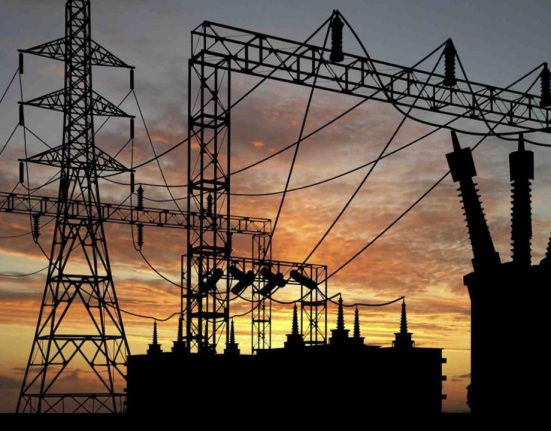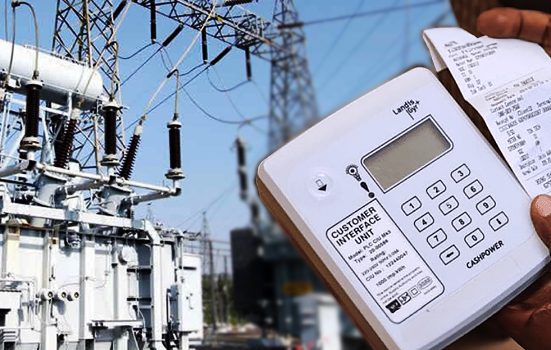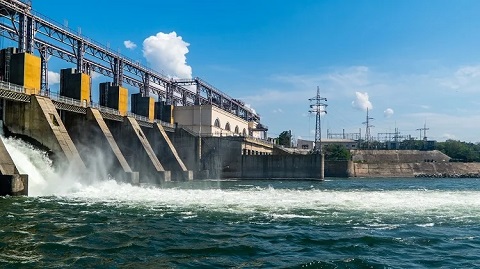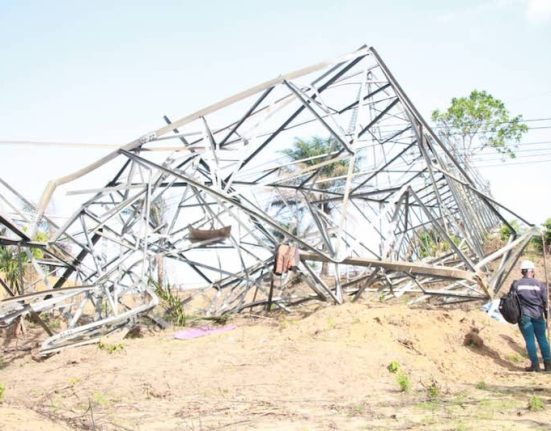Electricity stands as a vital of modern civilization, powering essential sectors and serving as a catalyst for progress. Its impact extends beyond mere convenience, influencing health, education, economic viability, and employment opportunities.
Despite its paramount importance, access to electricity remains a significant challenge in many parts of the world, particularly across Africa.
Despite the continent’s abundant energy resources, Business Insider Africa reports that over 600 million people still lack access to reliable electricity. Even for those with access, stability and affordability pose ongoing challenges.
Top 10 African Countries Leading in Electricity Access
A recent report from Global Petrol Prices sheds light on the prevailing electricity pricing landscape across Africa. While obtaining comprehensive data on electricity prices can be challenging due to varying tariffs, subsidies, and market dynamics, discernible trends emerge.
Cape Verde leads the continent with the highest electricity prices for households, averaging around $0.316 per kilowatt-hour. Following closely are Mali and Rwanda, with households paying $0.219 and $0.207 per kilowatt-hour, respectively.
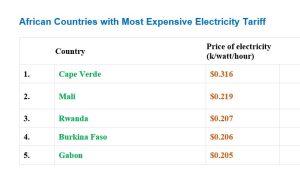
To address the issues of erratic electricity supply and high costs, concerted efforts are needed from governments, policymakers, and energy providers. Investment in infrastructure, renewable energy sources, and efficient distribution networks is paramount to ensure reliable and affordable electricity access for all citizens.
Encouragingly, African governments are increasingly recognizing the importance of such investments, signalling a positive shift towards enhancing electricity accessibility and affordability across the continent.
